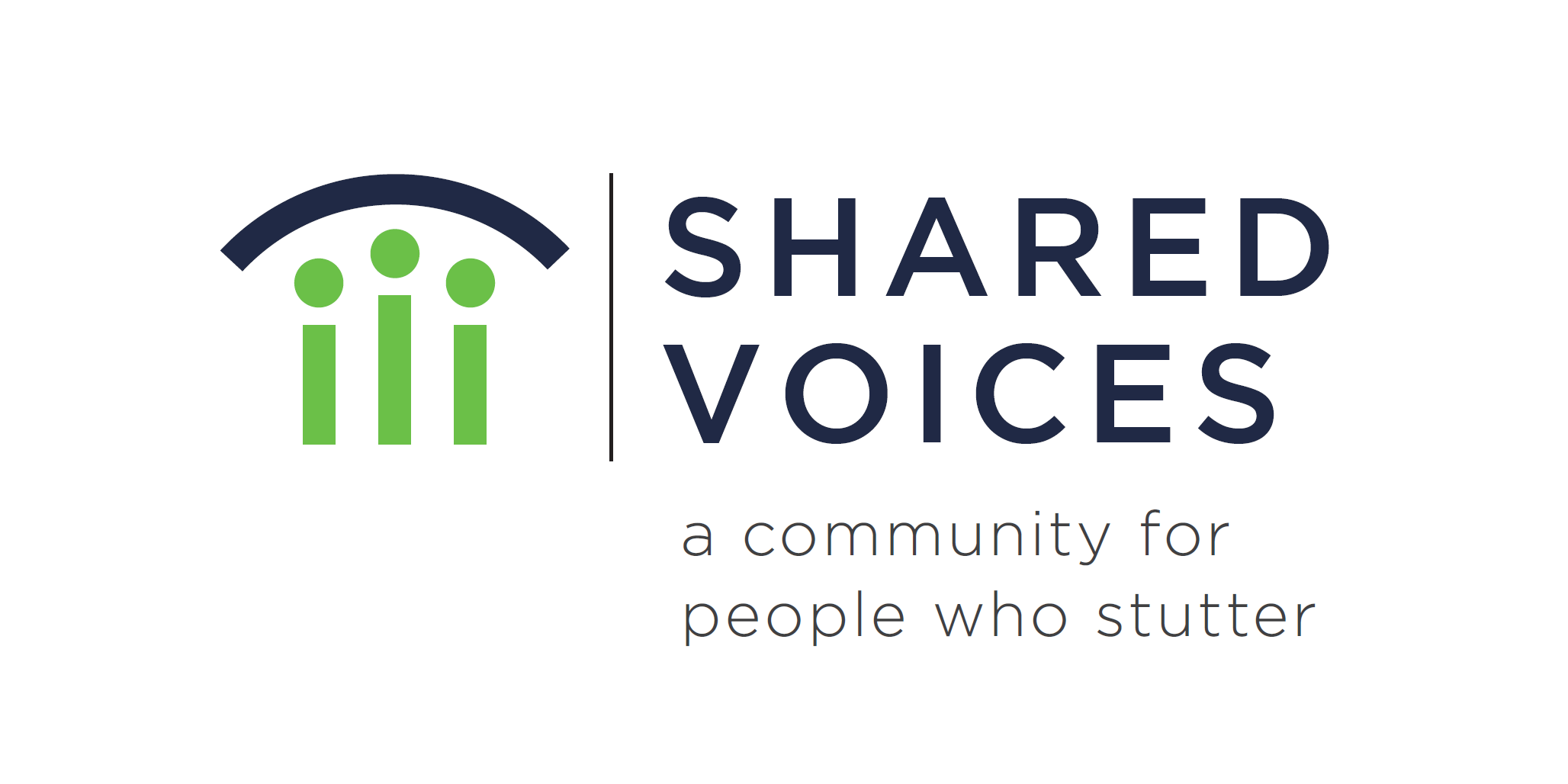
What better way to welcome the New Year than with new additions to the team! One of our 2019 goals (you could even call it a resolution) is to expand our clinician training and mentoring opportunities, not only within our practice, but in our larger professional community. We are excited to welcome a number of graduate student interns this calendar year. Each of them will be with us for several months, working directly with clients and supporting practice activities.
This term, we welcome Sarah Klusak of New York University (NYU) and Erin Brophy of Northwestern University (NU). We asked them to share a little bit about themselves as they begin their first week.







